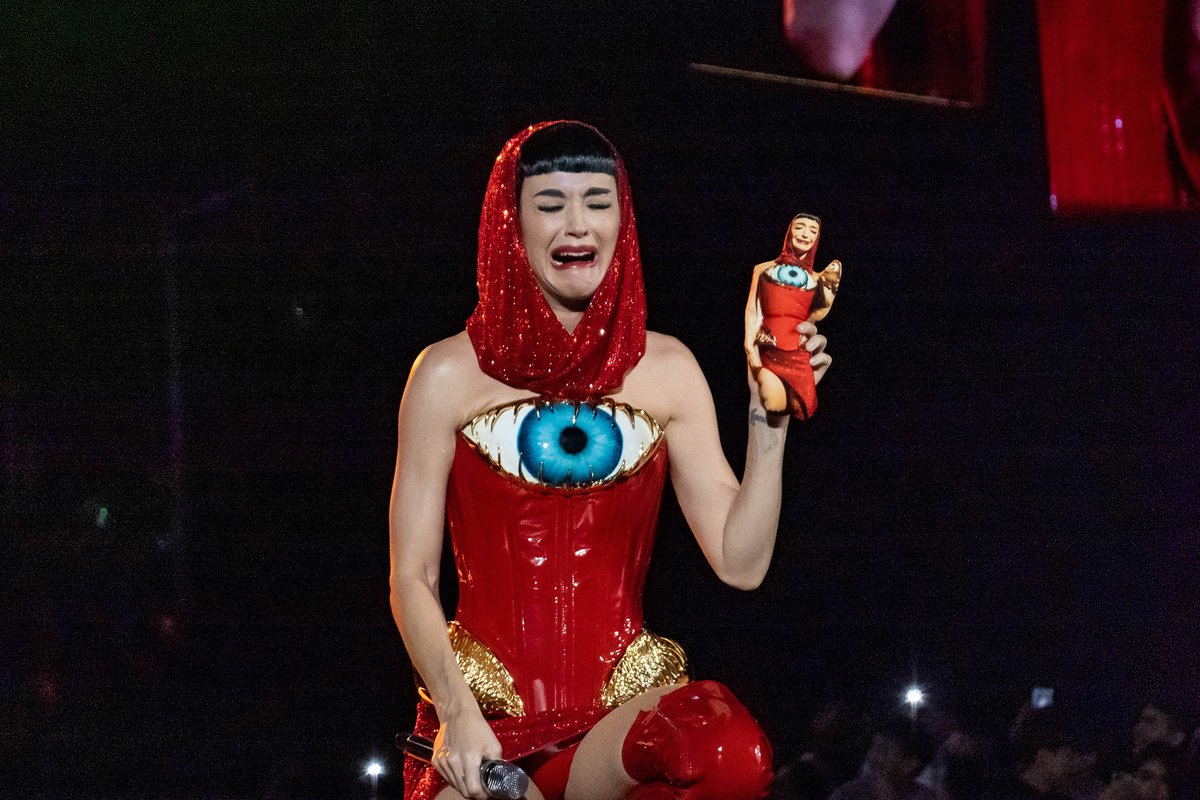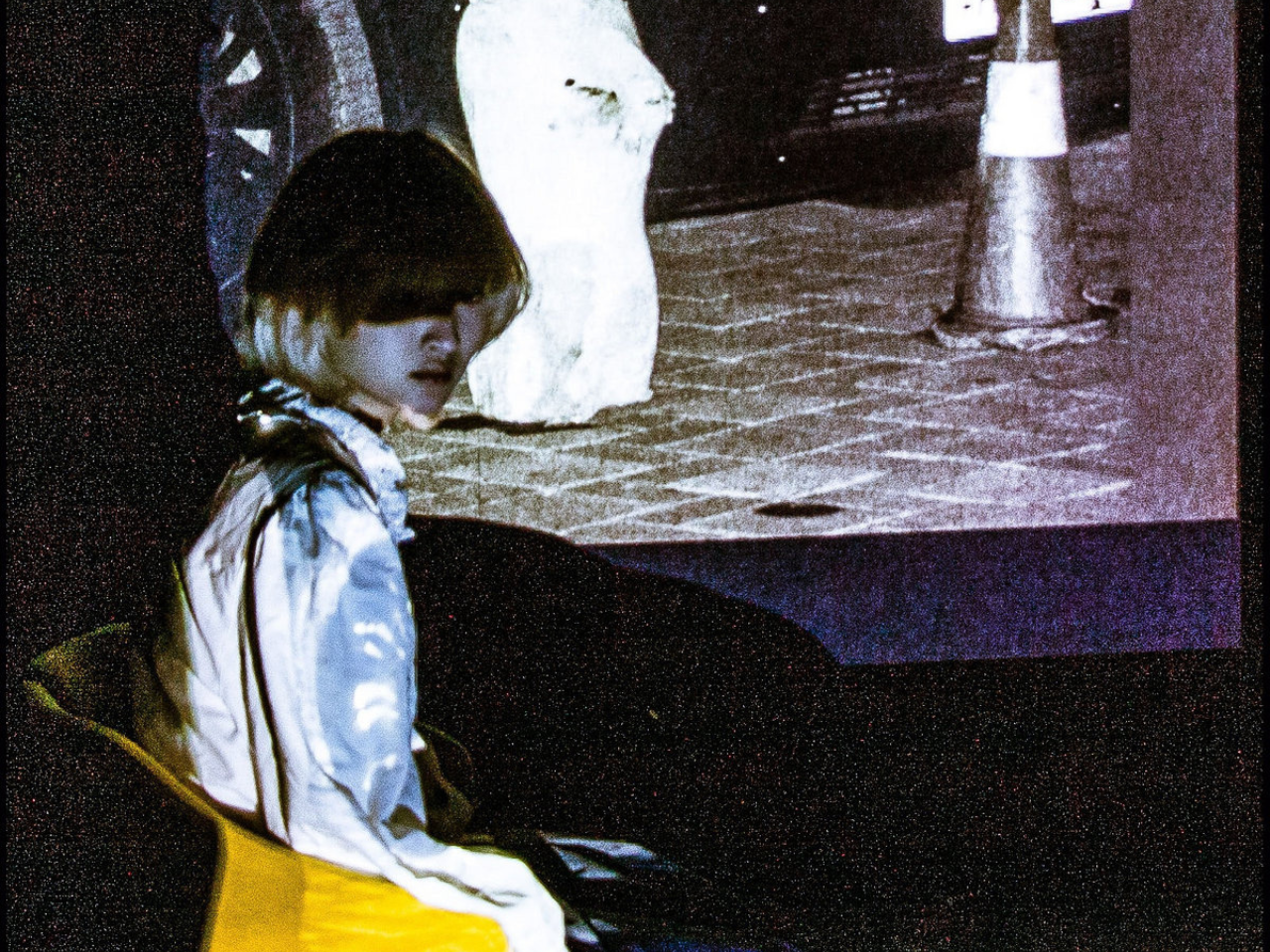On August 8, Billboard’s president Mike Van announced the launch of the Billboard brand in China in a press release. The newborn publication aims at expanding Billboard’s presence in Asia, following launches in Korea and Japan.
According to Billboard’s website, the first cover story for the Chinese branch will be published later this week on the microblogging platform Weibo.
Meanwhile, the publication recruited several Chinese popstars to promote the upcoming launch, including Jackson Wang, Higher Brothers’ Masiwei and Wang Yuan from TFBoys.

Billboard China also announced on its official Weibo account the project ‘Master Collection’: a team of Chinese critics, producers, singers, and music influencers who will join forces to bring an exclusive China-focused perspective to the platform.
The most well-known music expert on the list is award-winning urban singer Tia Ray, who rose to fame after taking part in The Voice of China in 2012 and has won recognized as the queen of Chinese R&B.
The news was met with enthusiasm by Chinese netizens, with a related hashtag going viral on Weibo with more than 320 million views. Some point out how China lacks an authoritative chart for popular songs, and the most upvoted comment, which reads “Come save our charts!”, was liked over 9,000 times.

Several other users express hope for the establishment of charts that are not entirely based on viral songs. Following the explosion of the short video platform TikTok (Douyin in China), the music industry has changed rapidly, both in China and around the world.
Emerging and indie artists can now have a shot at securing label contracts if their songs go viral on the app, creating a dynamic that, American publication Vox argues, puts the power back into artists’ hands.
At the same time, artists who are looking for a breakout on the app are pushed to produce music that has the potential to go viral, sometimes limiting the diversity and creativity of the tracks.
This is not the first time Billboard has tried to break into the Chinese market: Back in 2016, the publication launched a website in Mandarin that was active until late 2019.
Cover image via Billboard’s official Weibo account


















